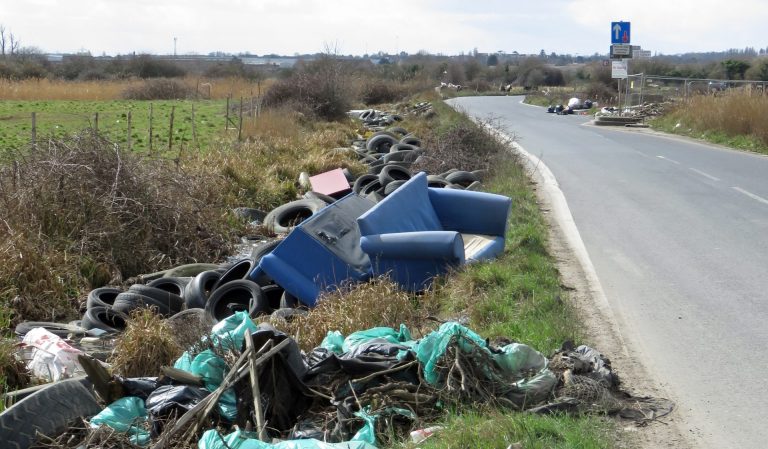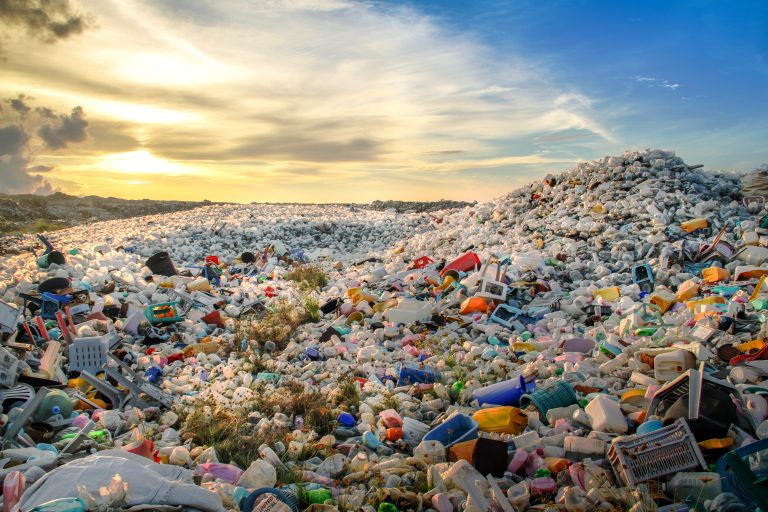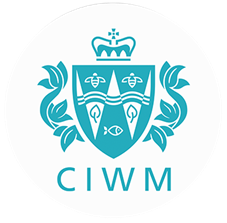Recycling is often seen as an easy and effective way to reduce waste and protect the environment, but myths and misconceptions can hinder its effectiveness. Understanding the facts behind these myths ensures that recycling efforts truly make a difference.
Myth 1: “All plastics can be recycled.”
Fact: Not all plastics are recyclable. Plastics labelled with recycling codes 1, 2 and sometimes 5 (like bottles and jars) are usually recyclable. However, plastics marked with codes 3, 6, or 7 may not be easily recycled due to their chemical composition or the difficulty of processing them. Additionally, plastics must be clean and free from contaminants to be properly recycled.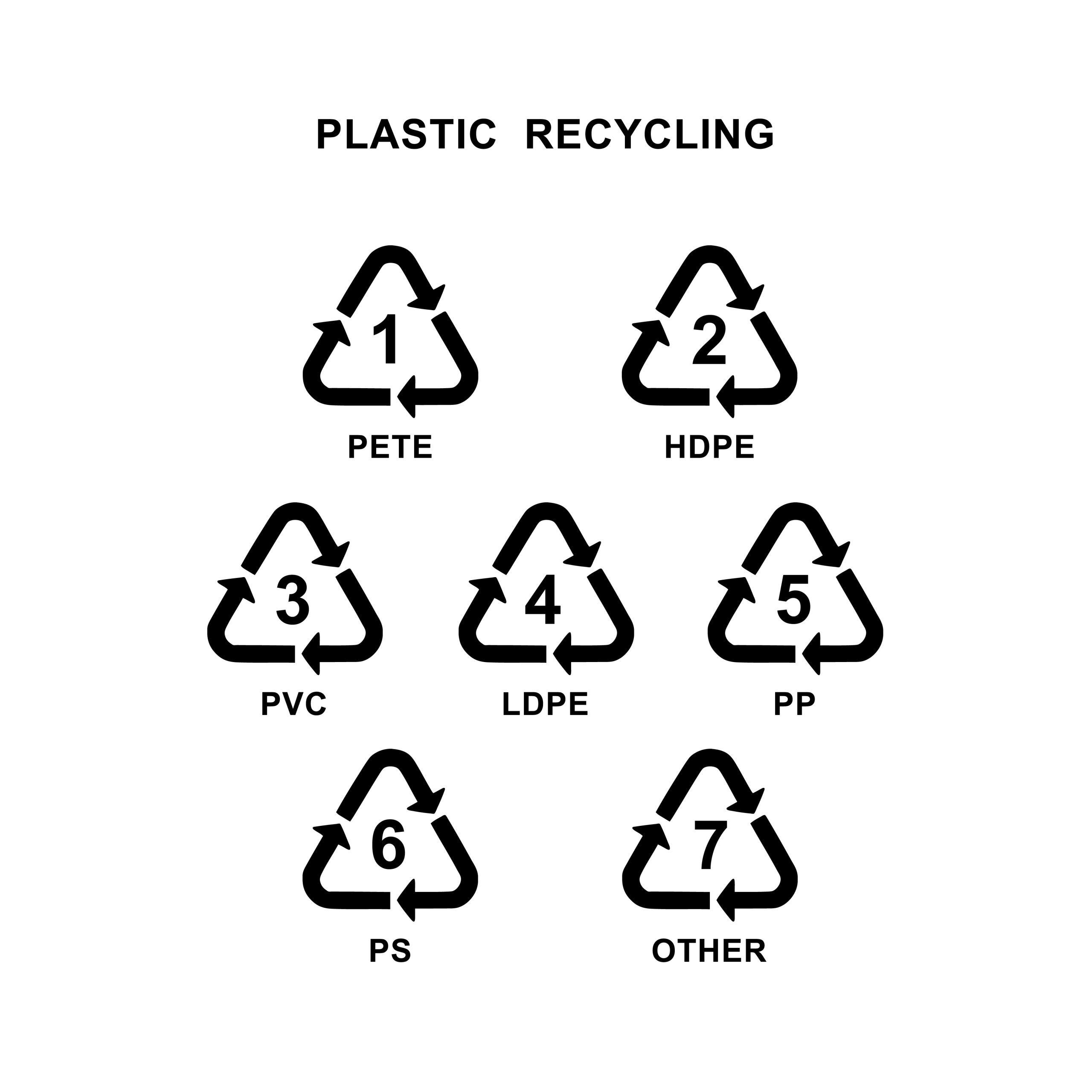
Myth 2: “You can recycle anything with the recycling symbol on it.”
Fact: The recycling symbol does not guarantee that an item is recyclable. Many products, especially those made from mixed materials (like snack wrappers), cannot be recycled. It’s important to check with your local recycling program to confirm which materials they accept.
Myth 3: “Recycling is too expensive and not worth the effort.”
Fact: While recycling can be costly to implement, its long-term benefits far outweigh these costs. Recycling conserves valuable resources, reduces landfill waste and saves energy. For example, producing aluminium from recycled materials uses 95% less energy than creating it from raw materials, offering both environmental and economic advantages over time.
Myth 4: “Recycling doesn’t actually help the environment.”
Fact: Recycling plays a significant role in reducing environmental impact. It helps conserve natural resources, reduces pollution from raw material extraction and saves energy. Although recycling alone won’t solve all environmental problems, it is a key part of a broader strategy to promote sustainability.
Myth 5: “Recycling is only about reducing rubbish.”
Fact: Recycling is about resource conservation. When we recycle, we reuse materials that would otherwise require new raw materials to be extracted and processed. This reduces the environmental degradation caused by activities like deforestation and mining. For instance, recycling paper reduces the need for new wood pulp, while recycling metals reduces the need for mining.
Myth 6: “Recycling bins should only be used for paper, plastic and glass.”
Fact: Many other materials can also be recycled. Electronics (e-waste), textiles, batteries and even appliances can often be recycled. Check with your local recycling program to find out what additional items they accept.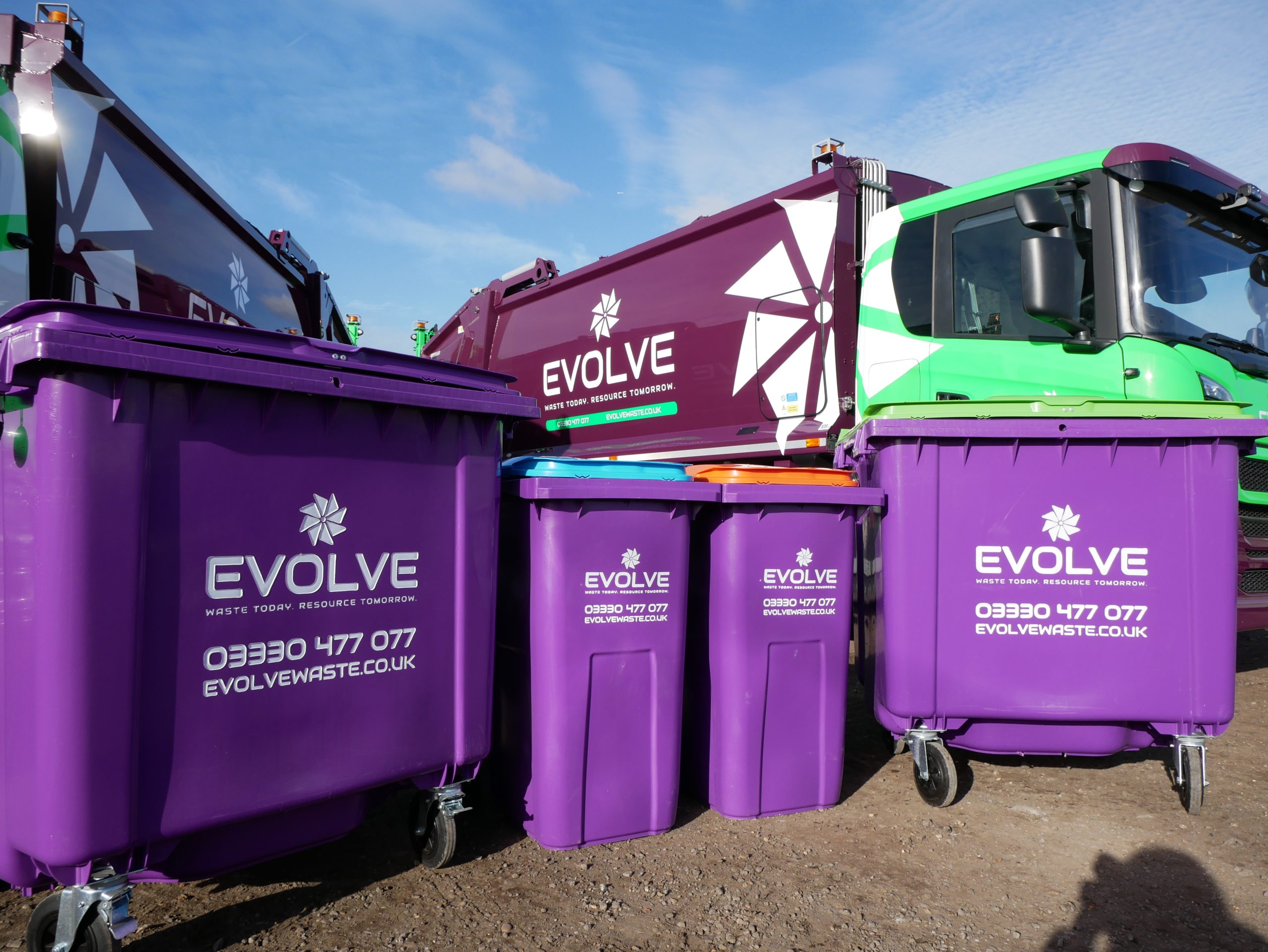
Myth 7: “Everything can be recycled into something new.”
Fact: Not all recycled materials become new products. Some items are downcycled into products of lower quality, like turning plastic bottles into fleece jackets instead of new plastic bottles. Additionally, materials like paper degrade each time they’re recycled, and some plastics lose their strength after being processed multiple times.
Myth 8: “Recycling doesn’t matter unless everyone does it.”
Fact: While widespread participation is essential, every individual’s recycling efforts make a difference. Even if your neighbours don’t recycle or your local program is limited, every bit of material diverted from the landfill contributes to environmental protection. Small, individual actions can have a significant collective impact.
How to Recycle Effectively
- Know your local guidelines: Recycling rules vary by location. Always check the guidelines in your area to ensure you’re recycling correctly.
- Clean your recyclables: Rinse containers to avoid contamination. Dirty items can ruin the recycling process and make them unrecyclable.
- Avoid wish-cycling: Don’t toss items into the recycling bin just because you think they’re recyclable. Check with your local program first to ensure they are accepted.
- Consider alternatives: Reduce waste by using reusable products like glass or metal containers. Avoiding waste in the first place is often more impactful than recycling.
Recycling is a crucial practice for environmental conservation, but it’s important to separate fact from fiction. By debunking common myths, we can make more informed choices that improve the effectiveness of our recycling efforts. With the right knowledge, we can reduce waste, conserve resources and contribute to a more sustainable future for all.







